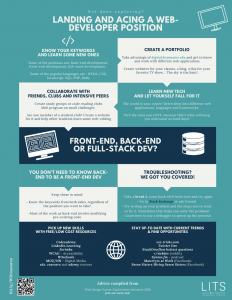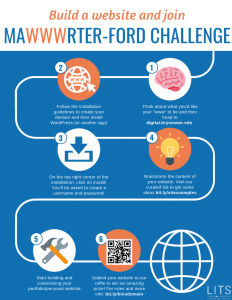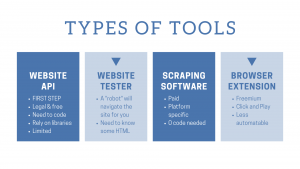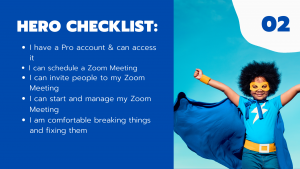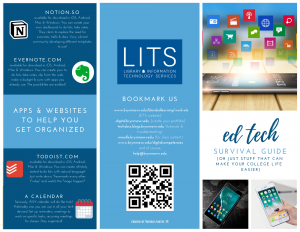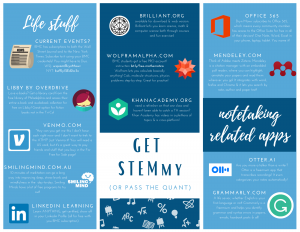Instructional Design
As a student, I was provided with incredible opportunities and structure to build my own projects through the Digital Competencies Program. Today, as a young tech professional, I’m a passionate advocate for Digital Literacy and Digital Equity as a Human Right.
Working in Higher Ed, I help students articulate and develop their Digital Skills through workshops, in-class consulting, and one-on-one appointments. In addition to helping faculty and staff to blend technology into their teaching and research.
Below are some of my favorite projects, personal and professional, past and present!
Selected Projects
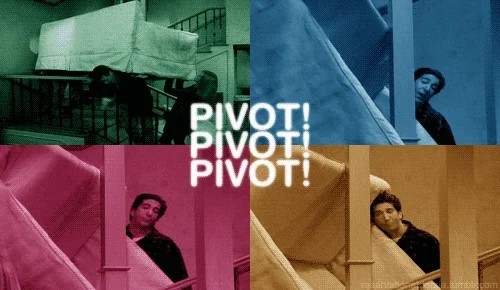
Working With Data Intensive
I co-designed and facilitated the first 2-week online non-credit Working with Data course for Bryn Mawr College students that lost summer internships during COVID-19.
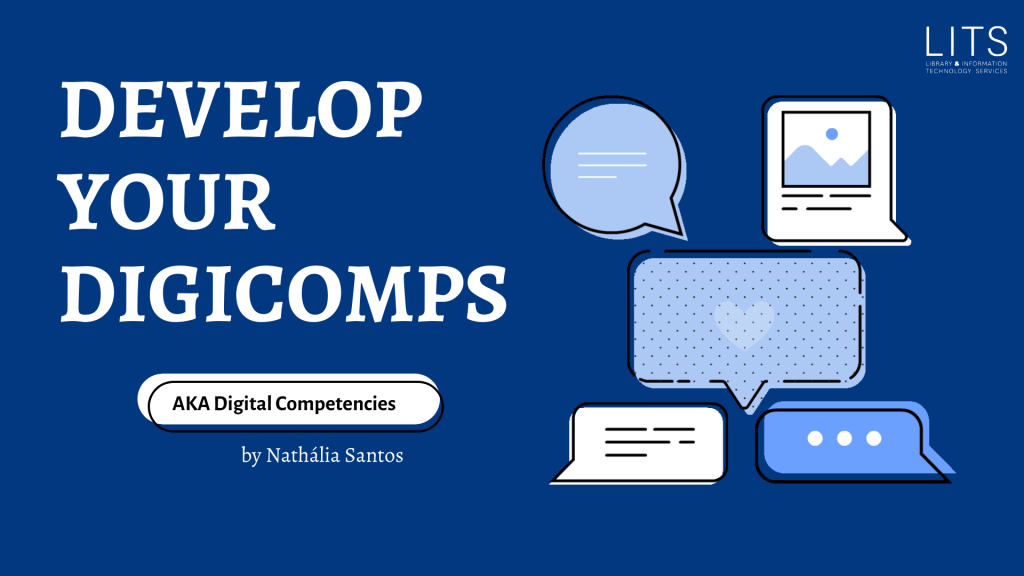
Favorite Instructional Materials
Here are some of my favorite instructional materials I’ve created for faculty and students to help them navigate technology and become confident in their own skills

Paperless Notetaking
In 2020, I purged ALL old notes I had around the house (I could run a Staples from my apartment). Armed with an iPad mini, I leveled up my classes notetaking to bring some 🌺aesthetic🌸 into this pandemic
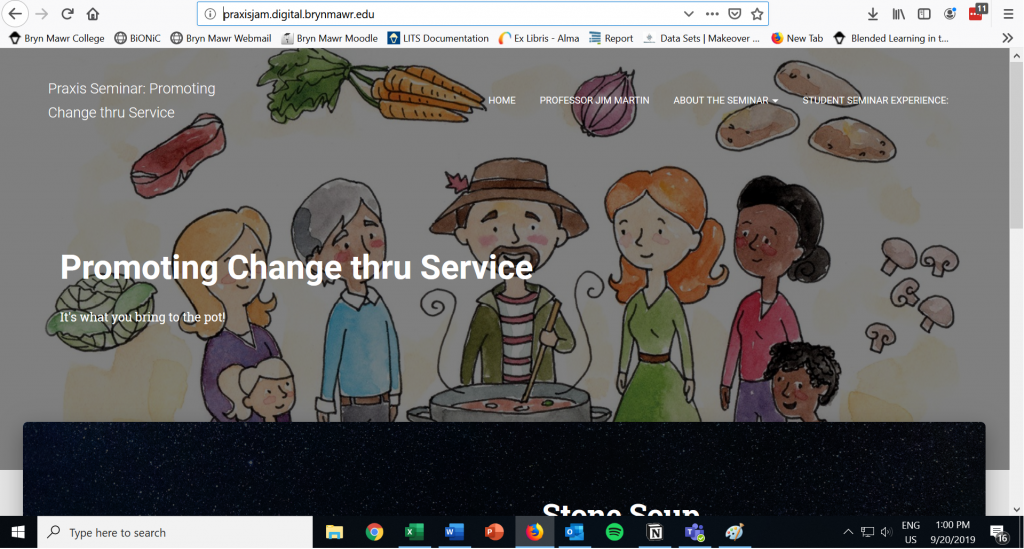
Praxis e-portfolio
Collaborating with Prof. Jim Martin, Faculty Advisor of the Promoting Change Thru Service Praxis Seminar and Kelly Strunk Praxis Assistant Director, we transformed the seminar’s Poster Session into a Portfolio website showcasing.
Projects List:
Working with Data Intensive
“Intensives” are typically 2-3 days of in-person workshops and alumni panels that run during academic breaks and introduce students to particular career paths and the skills and knowledge involved. With COVID-19, my team at Bryn Mawr College was tasked with transforming several of these intensives into a 2-week online non-credit course for undergraduates who had lost internship opportunities. I led the redesign of the Data Intensive, with which I had been intimately involved before. Working with my co-instructor, we defined the learning goals for the intensive, which were performing exploratory stats analysis into a chosen dataset.
Our first challenge was the time zone spread and inequality in Internet access among students, so we designed the course so that students could complete it asynchronously, but also had opportunities to meet synchronously with instructors and other students if desired. Since our students would come from entirely different backgrounds both in terms of majors and skill levels, we created a choose-your-own-adventure model in which students could complete the tasks in Excel, R, or Python. I also knew that students perform better when a big assignment is broken down into smaller ones, so we implemented challenges throughout the week that would build toward the overarching course learning goals of the course. They were challenging enough to encourage students to stretch, but not to overwhelm them. We relied heavily on forums for collaboration and recording tutorial videos of each challenge and each tool.
Unexpectedly, we had a record enrollment of 47 students with 28 completing all challenges, contrasting to the 10 out of 15 students who usually finish our in-person shorter intensive. After the intensive, we provided students with a survey so we could know what strategies work and which ones didn’t. The students enjoyed the flexibility provided by the asynchronous teaching, and choose-your-own-adventure design, which we will implement in other intensives. They were also candid about not feeling connected to each other in the forums – and that was on us for designing a class with 20 students in mind. Students would only post when they had questions about the challenge, but not answer each others’ post.
Students created very fun visualizations: from how are delivery services coping with COVID, to what lettering pen should I buy based on my collections? On top of a successful online cohort, in which 28 students performed exploratory data analysis in Excel, R, and Python (some for the first time), we also were able to test some of the teaching methodologies we recommend to faculty. We’ve incorporated that knowledge into teaching institutes and the design of other intensives and workshops.
Favorite Instructional Materials
Below are some of my favorite handouts, presentation snapshots and infoposts
Paperless Notetaking
Here are some of the most aesthetic notes I took. More to come in Social Networks and Machine Learning
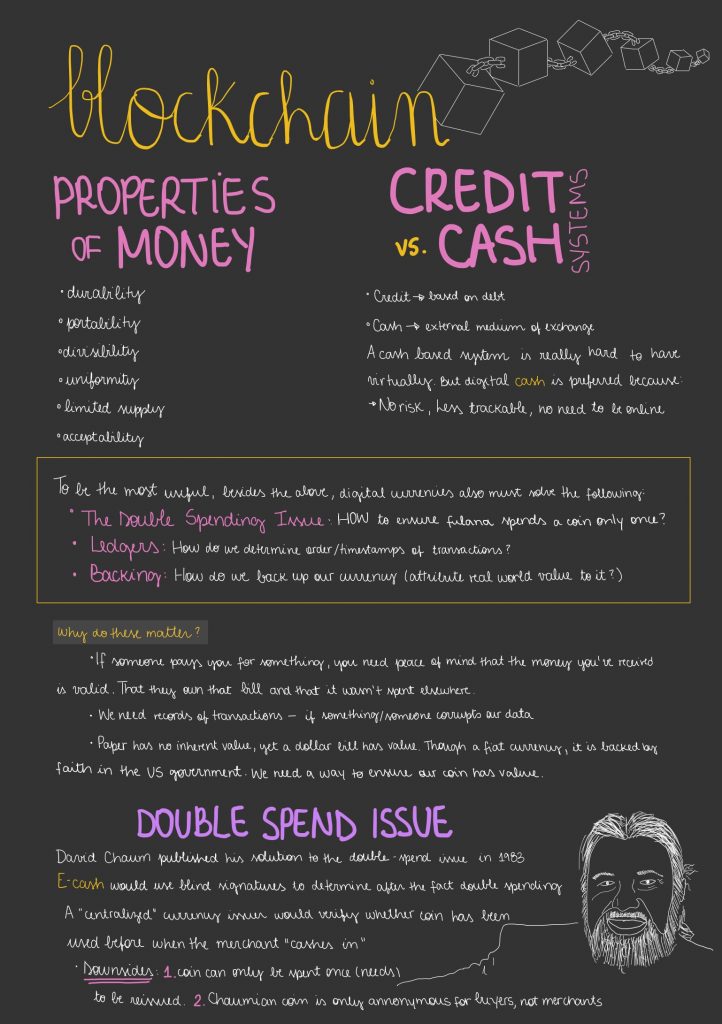
Blockchain Fundamentals by Web3 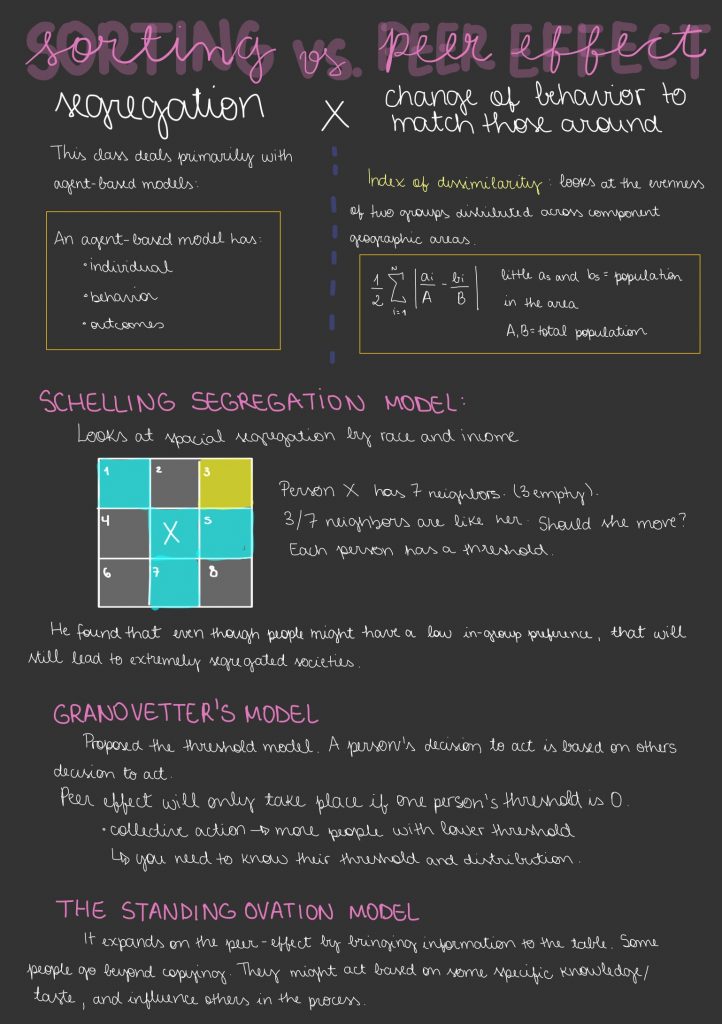
Model Thinking Course by Prof Scott Page
Praxis Poster into e-Portfolio:
Collaborating with Prof. Jim Martin, Faculty Advisor of the Promoting Change Thru Service Praxis Seminar, and Kelly Strunk Praxis Assistant Director, we transformed the seminar’s Poster Session into a Portfolio website showcasing. That way we could introduce the Digital Competencies Framework to the student cohort, support them in developing the necessary Web Skills and have them create something that they could take with them to interviews and future application processes.
In this particular project, I introduced the DigiComp framework, helped scaffold the final assignment to fit the existing syllabus as well as helped with the full process of website creation and design. I’ve assisted both Prof. Martin and his students in the technical aspects of creating a website, in thinking critically about their privacy, and in designing their website and planning their content based on their target audience.
Here is a screenshot of the finalized website as of May 2019.

